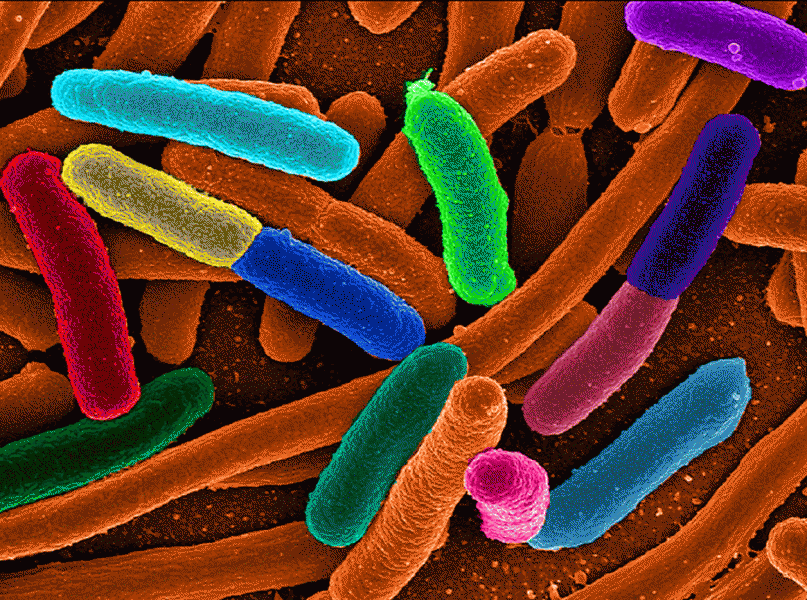The Boston Business Journal reports that food diagnostics company, Sample6, has raised an additional $2.5M from founder and board member Tim Lu, adding to the $11M Series B they raised in October 2013 from Canaan Partners, Cultivian Sandbox, and Flybridge Capital Partners. Other investors include Founder Collective, the Kraft Group, and Chevron.
Sample6 has two products: Sample6 DETECT and Sample6 CONTROL. Sample6 DETECT is a diagnostic assay designed to identify Listeria contamination. Sample6 CONTROL is a software platform, which is used by food companies to plan, execute, remediate and analyze food safety programs.
According to an earlier press release, current technologies to identify and remediate bacterial contamination can take several days to yield results, putting the safety of the food supply at risk. Sample6 provides the world’s first synthetic-biology based bacteria diagnostic system that allows for enrichment-free detection and subsequent remediation of pathogens in less than eight hours, or a single work shift.
“Sample6 has the potential to dramatically improve food safety by simplifying and accelerating how we test for Listeria, Salmonella and E. coli. Sample6’s team is determined to change the way the industry tests for and detects harmful bacteria in our food supply,” said Dr. Bloch.
Sample6’s core technology was originally developed and conceived in Dr. James Collins’ lab at Boston University. Tim Lu, Michael Koeris and Tanguy Chau, who were then Ph.D. students at BU and MIT, first founded the Company in March 2009 under the name Novophage Therapeutics, Inc. Through a number of successes in business plan competitions, Lu, Koeris and Chau jointly developed and explored a variety of applications for the technology, including using bacteriophages as a therapeutic treatment for bacterial infections. From these early seeds eventually grew what is now Sample6.
Have news or tips? Email [email protected]





